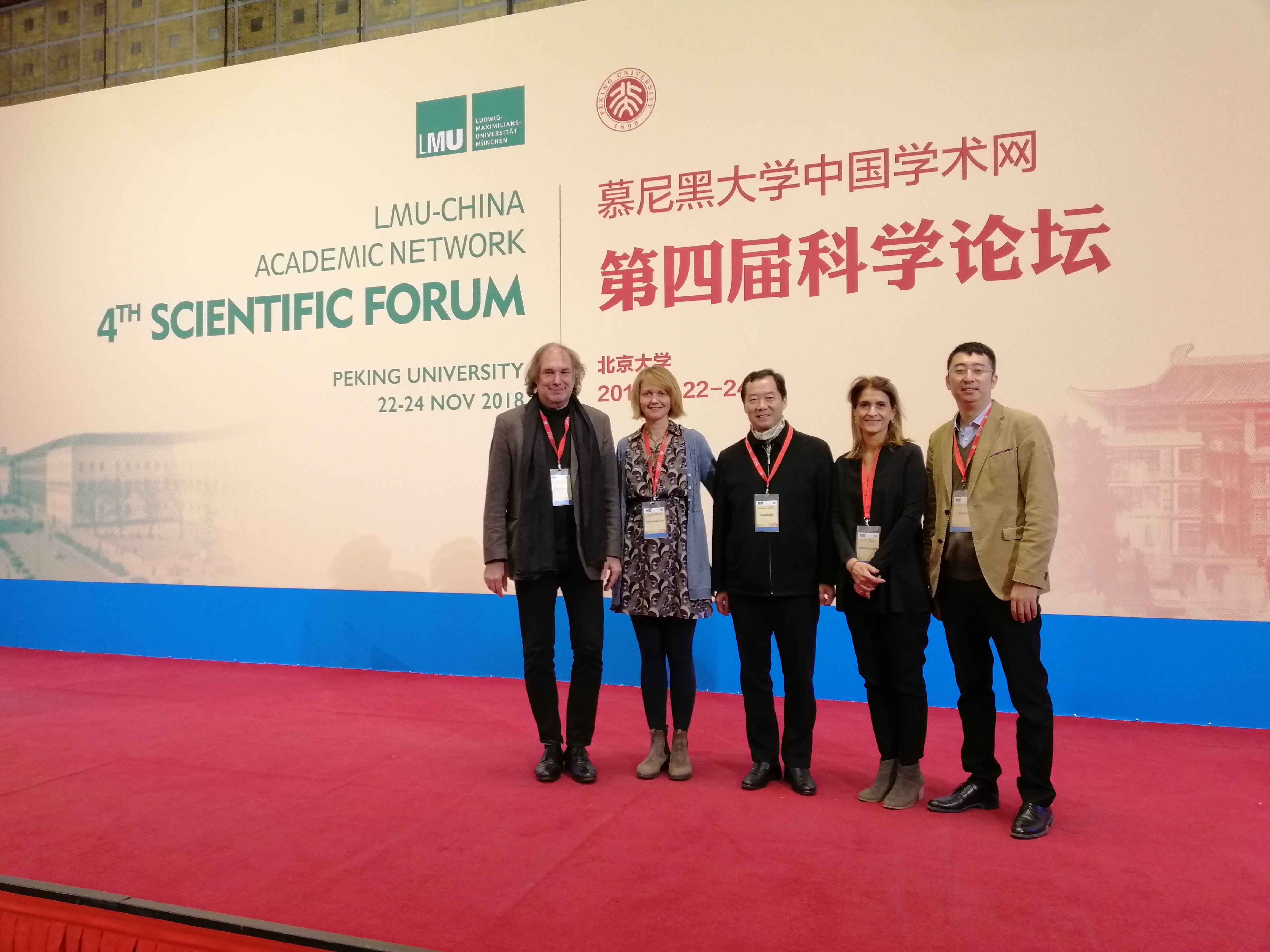Imaginings
stories, creative nonfiction, poetry, and other imaginative accounts of the natural world
-
Environmental Pasts—Environmental Futures: Perspectives on China

Conference Report (22–24 November 2018, Peking University, Beijing, China) By Elena Feditchkina Tracy (*Featured image: from left: Christof Mauch, Elena Feditchkina Tracy, Maohong Bao, Sophia Kalantzakos, and Fei Sheng) RCC fellows and alumni participated in the LMU-China Academic Network 4th Scientific Forum held on 22–24 November 2018, at Peking University in Beijing, China. Scholars joined their colleagues from Renmin
-
Sites of Remembering: Landscapes – Lessons – Policies
By Eveline de Smalen On 27 and 28 April, the Rachel Carson Center hosted Sites of Remembering: Landscapes – Lessons – Policies. This workshop was born of a desire to enable research in the humanities and social sciences to speak to policy and to enhance the position of environmental humanities in contemporary debate outside of
-
Review of “Disrupted Landscapes: State, Peasants and the Politics of Land in Postsocialist Romania” by Stefan Dorondel

by Marco Armiero Marco Armiero is director of the KTH Environmental Humanities Laboratory at the Royal Institute of Technology, Stockholm. This post originally appeared on Entitle Blog – A Collaborative Writing Project on Political Ecology and is reposted with kind permission of the author. How many times have we repeated to each other that there is
-
Hazardous Time-Scapes: How to Make Sense of Toxic Landscapes from Multiple Timed, Spaced, and Embodied Perspectives?

By Laura Deal: How do we understand toxic environments? What roles do time, space, narration, and embodiment play in our conceptualizations of what it is for something to be considered “toxic”? And how do these factors enable complicity in—or resistance to—toxic exposure?
-
The Future of Wild Europe
Conference Report (The University of Leeds, UK, 12–14 September 2016) By Roger Norum A version of this report was first published 17 October 2016 on ENHANCE ITN. This three-day conference was the first of three large events for the ENHANCE ITN (The Environmental Humanities for a Concerned Europe Innovative Training Network), a three-year Marie SkÅ‚odowska-Curie doctoral research program